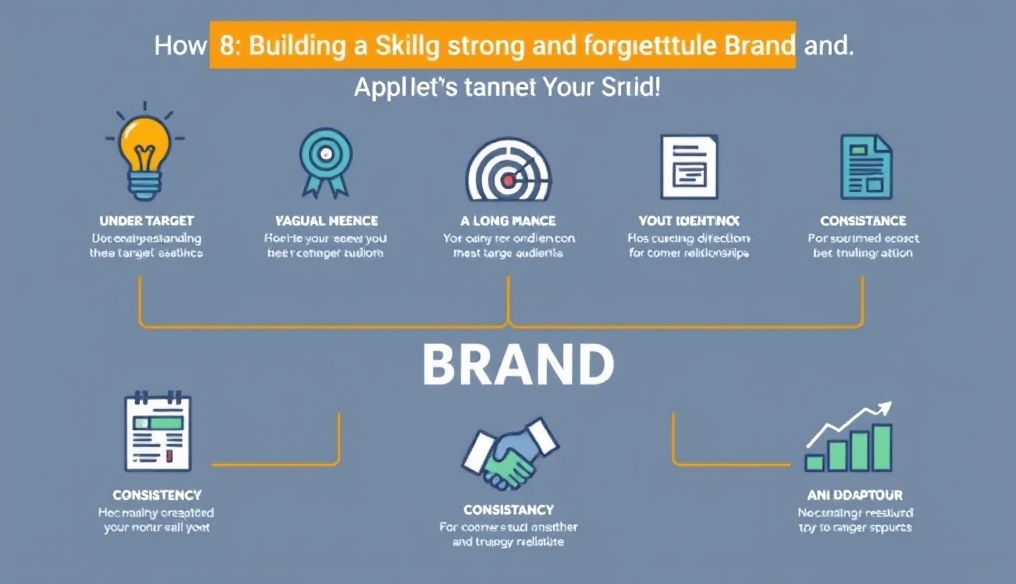What is the Fundamental Difference Between an Entrepreneur's Mindset and an Employee's Mindset?
The difference between an entrepreneur and an employee is often reduced to owning a business versus working for a company. However, the difference is much deeper; it lies in the mindset, values, and goals. This article highlights these fundamental differences.
1. Risk and Responsibility:
Entrepreneur: Accepts calculated risk as an essential part of their work. They are ultimately responsible for the success or failure of their project. They bear the consequences of tough decisions and face challenges with courage.
Employee: Avoids risk as much as possible. Their responsibility is defined within the scope of their job. They may bear some responsibility, but it is not the same as that of an entrepreneur.
Example: An entrepreneur invests their savings in a new idea, while an employee prefers a stable salary and job security.
2. Goals and Motivations:
Entrepreneur: Driven by a vision and a goal beyond just making a profit. They seek to make a change, solve a problem, or provide added value to society. Success for them means achieving this vision.
Employee: Focuses on achieving the goals of the company they work for and seeks career advancement and increased income. They may have personal ambitions, but they are often separate from their work.
Statistic: A Harvard University study showed that entrepreneurs are 50% more likely to set long-term goals compared to employees.
3. Creativity and Innovation:
Entrepreneur: Constantly looking for new and innovative ways to improve their products or services. Encourages experimentation and learning from mistakes. Sees challenges as opportunities for creativity.
Employee: Follows established procedures and processes. They may suggest improvements, but the scope of creativity and innovation is limited within their job.
Tip: Encourage yourself to think outside the box, whether you are an entrepreneur or an employee. Innovation is the key to success in any field.
4. Time Management and Productivity:
Entrepreneur: Has a flexible schedule but requires high self-discipline. Works long hours, and work is often an integral part of their life. Focuses on achieving maximum productivity in the shortest possible time.
Employee: Has defined working hours. Focuses on completing the tasks assigned to them within the specified timeframe.
Technique: Use time management apps like Trello or Asana to increase your productivity, whether you are an entrepreneur or an employee.
5. Learning and Development:
Entrepreneur: Constantly learns through reading, training courses, and practical experiences. Continuously develops their skills to keep up with market changes.
Employee: May receive training from the company, but they are often responsible for developing their skills themselves.
Book: "The 7 Habits of Highly Effective People" by Stephen Covey is a valuable book for self-development and productivity, suitable for both entrepreneurs and employees.
6. Relationships and Networking:
Entrepreneur: Builds a wide network of relationships with customers, suppliers, investors, and other entrepreneurs. Considers relationships an essential part of the success of their project.
Employee: Builds relationships with their colleagues and managers. May need to build relationships with customers or suppliers, depending on the nature of their job.
Event: Attending conferences and seminars related to your field of work is a great way to build a strong network of relationships.
7. Flexibility and Adaptation:
Entrepreneur: Must be flexible and able to adapt to rapid changes in the market. Accepts failure as part of the learning process and is willing to change their plans if necessary.
Employee: May face some changes in the work environment, but they are often less severe than the changes faced by an entrepreneur.
Quote: "It is not the strongest of the species that survives, nor the most intelligent that survives. It is the one that is most adaptable to change." - Charles Darwin
8. Financial Return:
Entrepreneur: Their income is unstable and depends on the success of their project. They may make large profits, but they may also lose money.
Employee: Their income is relatively stable and guaranteed. They receive a fixed salary regardless of the company's performance (to some extent).
Warning: Entrepreneurship is not an easy path to quick wealth. It requires a lot of hard work and sacrifice.
9. Health and Fitness:
Entrepreneur: Often suffers from work pressure and fatigue. They must find ways to maintain their physical and mental health.
Employee: May also suffer from work pressure, but it is often less severe than the pressure on an entrepreneur. They have more free time to exercise and take care of their health.
Tip: Dedicate time to exercise regularly, eat healthy food, and get enough sleep. Your health is your most important asset.
In conclusion, choosing between being an entrepreneur or an employee depends on your personality, values, and goals. There is no better choice than the other, as each has its advantages and disadvantages. The most important thing is to choose the path that makes you happy and satisfied.




